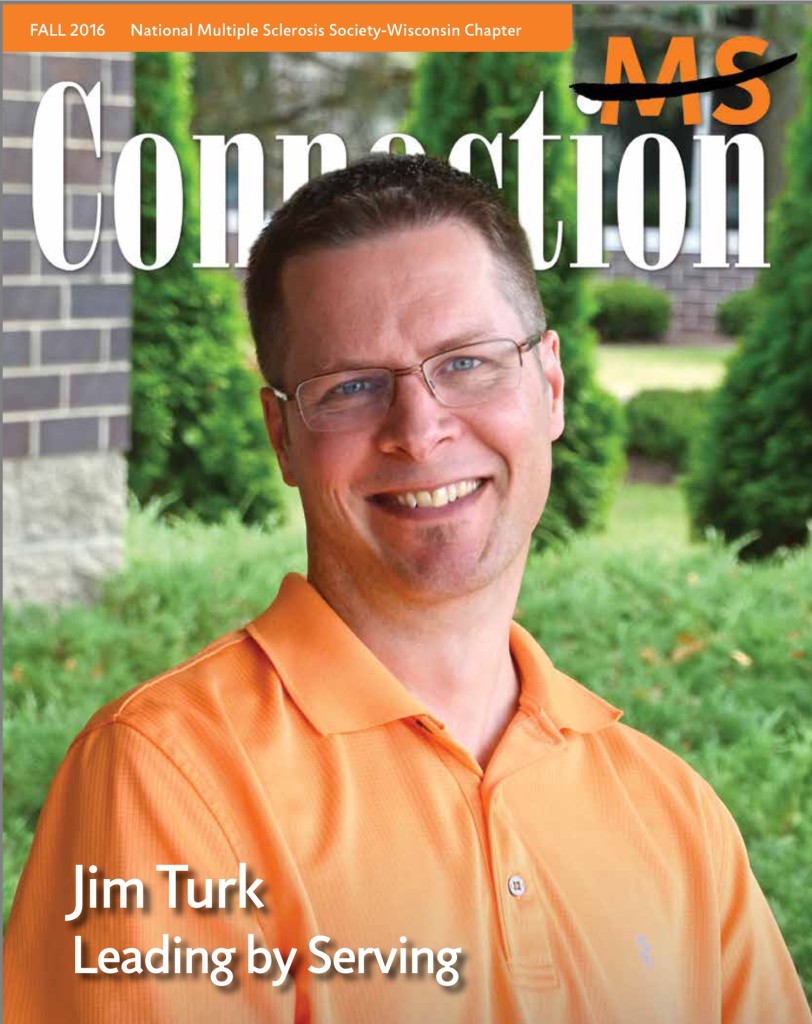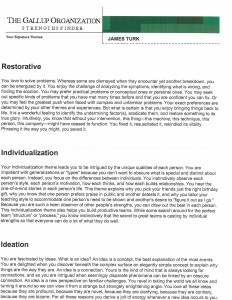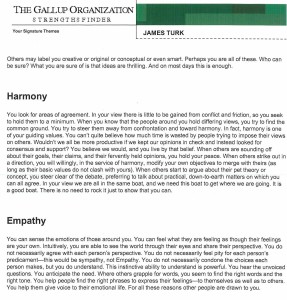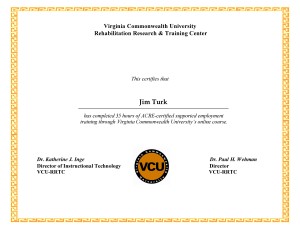My most recent interview was for Carenity – a global digital patient community with 500,000+ members across Europe and North America. Click on the link and check out the website!
Many of the TV appearances relate to advocacy and volunteering for Multiple Sclerosis. I’m often asked to be the person on TV or the radio because of my comfort level, conversational style, and ability to think on my feet.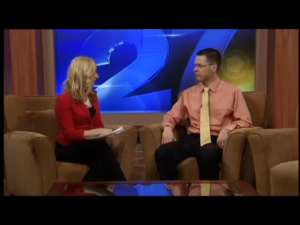
Of the many talks and training sessions that I have given, this is often something that people point out. You can see this in action during a graduate address that I gave to a UW Master of Science in Biotechnology program in 2016.
From a leadership and culture change standpoint, I revamped the entire research oversight program at a major university that was major trouble. I’ve linked a few articles illustrating the problem below.
Reports find UW lab oversight weak _ Higher education _ host.madison
UW steps up bio research safety _ Higher education _ host.madison
I am recognized as an authority when it comes to leadership. Before leaving UW Madison, I was charged with training new supervisors at the UW-Madison campus.
I’ve done a number of things to advocate for research participation as well as raise funds for the MS Society. Since I have a strong science background and cross paths with my neurologist professionally as well as personally, he sends a lot of “business” my way. Here’s a sample of some of the things I’ve done.
In the fall of 2016, I was on the cover of the Wisconsin MS Connection magazine and wrote an article for it.
 I early 2017, I did an interview on NPR with my neurologist that accompanied an article in The Pulse:
I early 2017, I did an interview on NPR with my neurologist that accompanied an article in The Pulse:
Early on, I did interviews for The Wall Street Journal and BBC Future.
In January of 2015, I (and my family) was the subject of a documentary about life with MS and current research. I don’t yet have the final version, but I’ll post it when I do. It is being produced by The Foundation for Biomedical Research.
Here’s a clip:
In March of 2015, I was the subject and did an interview for a news story for “MS Awareness Week.” At the end of the video, which is around 2-and-a-half minutes, the reporter says that I think a cure is “unlikely.” That’s actually not what I said but rather discussed with her the difficulty and what a “cure” means when it comes to MS (preventing it from starting, stopping the progression, and reversing the damage).
The video turned out pretty nice, though. You can see it here:
I’ve also done some short news interviews for the “Walk MS” event:
*I wrote a profile that was published on the Department of Defense website because of some grant reviews I helped them with*
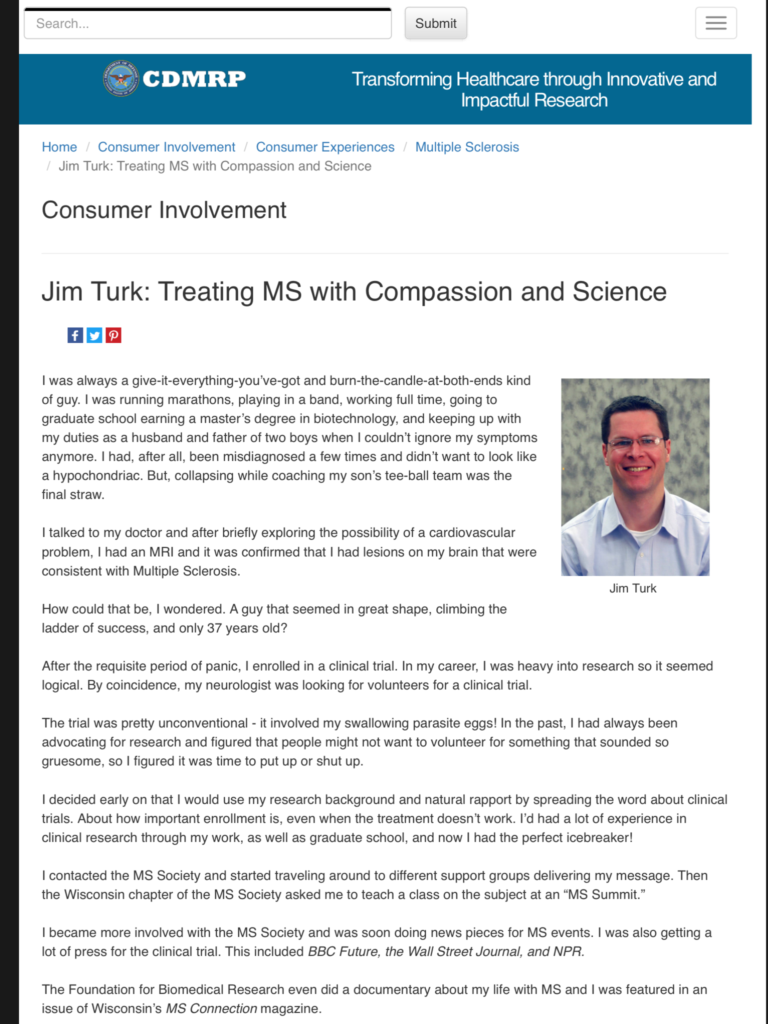
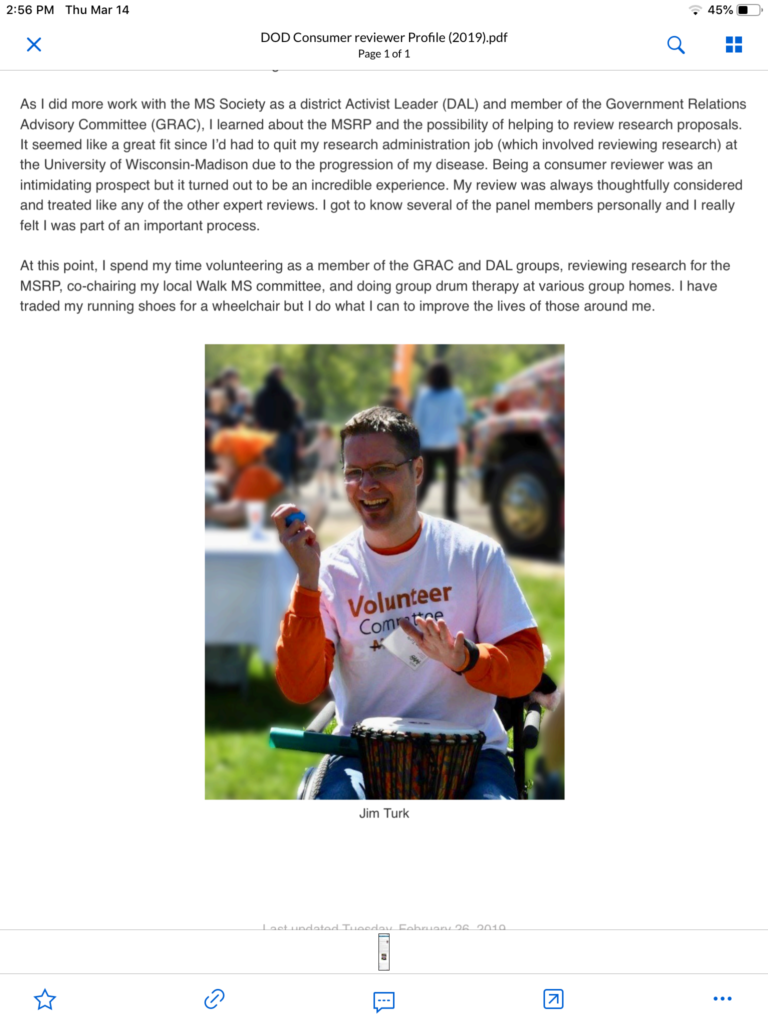
😎 and I was was even on the “leave behind” for senators and congresspeople at our nations capitol!
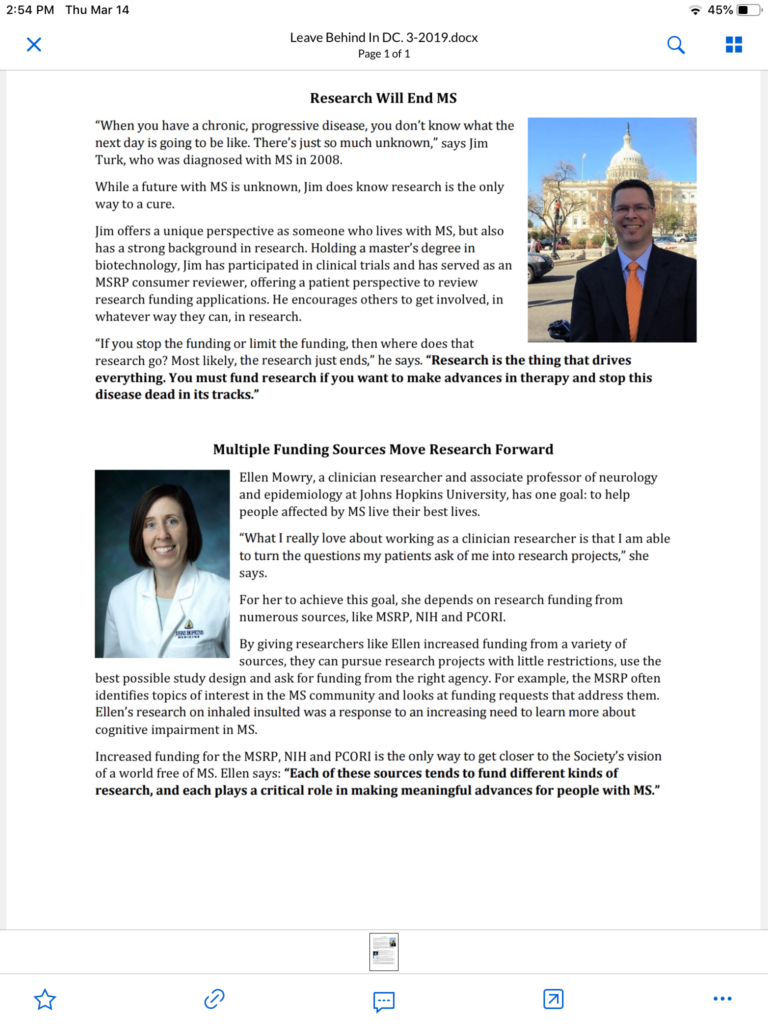
I’ve done a couple of local radio interviews as well:
https://uwmadison.box.com/s/6bnhrq9f96x2o4xdvccluz77bfmdwy9n
As I’ve said a number of times, I’ve found my passion in leading therapeutic group drumming. I’ve been written up about it as well.
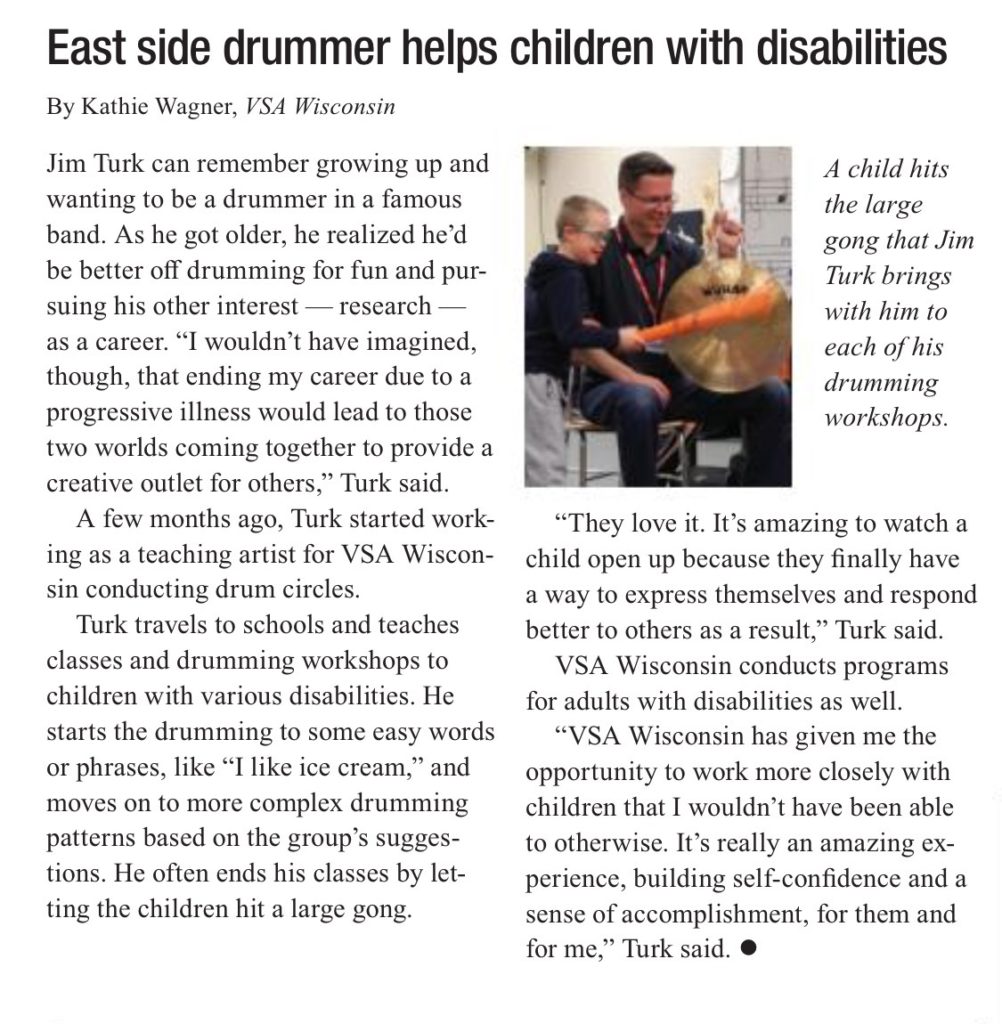
Here are my top strengths (personality profile), according to the Gallop organization some of my degrees and certifications, if you’re interested. They range in importance and should be used for entertainment purposes only :).
My bachelor’s and master’s degrees
Followed by some certifications in leadership and business – some long and some short
And perhaps the most important of them all, and yes, this is real: 


